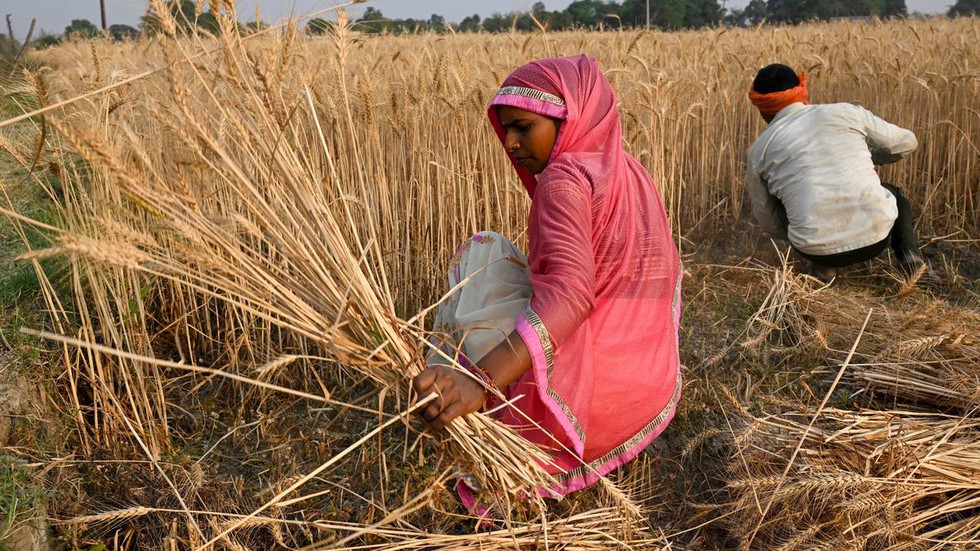
CROP (Comprehensive Remote Sensing Observation on Crop Progress)

22.04.2025
CROP (Comprehensive Remote Sensing Observation on Crop Progress)
|
For Prelims: What is CROP? |
Why in the news? The Indian Space Research Organisation (ISRO) has estimated that India’s wheat production from eight major wheat-producing states will reach 122.724 million tonnes as of March 31, 2025, by using advanced satellite-based remote sensing technologies.
What is CROP?
- CROP stands for Comprehensive Remote Sensing Observation on Crop Progress.
- It is a semi-automated and scalable framework developed by the National Remote Sensing Centre (NRSC), a part of the Indian Space Research Organisation (ISRO).
- The primary objective of CROP is to enable near real-time monitoring of crop sowing, growth, and harvesting across different seasons, especially during the rabi season in India.
Technological Components:
- CROP integrates data from multi-source remote sensing satellites, including:
- EOS-04 (RISAT-1A) – provides Synthetic Aperture Radar (SAR) data,
- EOS-06 (Oceansat-3) – provides optical remote sensing data, and
- Resourcesat-2A – used for high-resolution optical imaging of agricultural areas.
- It uses both Optical and SAR datasets to accurately monitor crop progress under varying weather and light conditions.
Major Wheat-Producing States Identified:
- The eight primary wheat-growing states covered by the ISRO study are Uttar Pradesh, Madhya Pradesh, Rajasthan, Punjab, Haryana, Bihar, Gujarat, and Maharashtra.
- These states are crucial for ensuring national food security and contribute the bulk of India's rabi wheat harvest.
Source: The Hindu
With reference to the 'CROP' (Comprehensive Remote Sensing Observation on Crop Progress) framework, consider the following statements:
1. It is a semi-automated and scalable system developed by the National Remote Sensing Centre (NRSC).
2. Its primary aim is to facilitate near real-time monitoring of crop activities—such as sowing, growth and harvesting—particularly during the Rabi season.
Which of the statements given above is/are correct?
A.1 only
B.2 only
C.Both 1 and 2
D.Neither 1 nor 2
Answer C